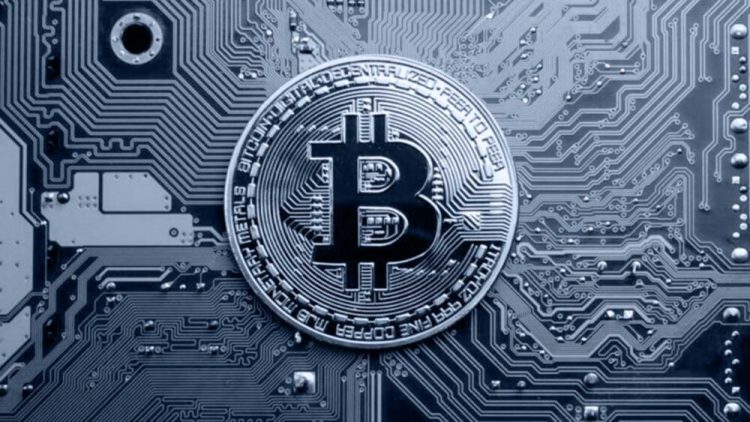Utah’s attempt to create a state-level Bitcoin reserve has hit a snag. While a bill aimed at boosting blockchain technology passed the Senate, the part about investing in Bitcoin was removed.
The Bill’s Journey and Unexpected Turn
The bill, officially known as House Bill 230 (HB230), initially allowed the state treasurer to invest up to 5% of certain funds in Bitcoin. The criteria were strict: the cryptocurrency had to have a market cap over $500 billion for the past year and couldn’t be a stablecoin. Bitcoin was the only crypto that fit the bill.
The bill easily passed the House but faced resistance in the Senate. Concerns about the early adoption of such a policy led senators to remove the Bitcoin investment clause before the final vote. The amended bill passed 19-7-3.
What the Final Bill Does
Without the Bitcoin reserve, the bill focuses on protecting Utah residents’ rights regarding digital assets. This includes:
- Clear legal protections for individuals and businesses using digital assets.
- The right to mine Bitcoin, run a node, develop software, and participate in staking without excessive government interference.
- Preventing state and local governments from blocking the use of digital assets as payment or self-hosted wallets.

The bill now heads to Governor Spencer Cox for his signature.
The Race Continues
Even though Utah’s Bitcoin reserve plan fell through, other states are still vying for the title of the first to establish one. Arizona, Texas, New Hampshire, and Oklahoma are making progress with their own bills. Many other states have also introduced similar legislation, but they’re in earlier stages of the process.
A Federal Twist
Adding another layer to the story, President Trump recently signed an executive order to create a federal Strategic Bitcoin Reserve. This reserve will reportedly be funded with Bitcoin seized from criminal activities. This move follows President Trump’s earlier announcement of a “US Crypto Reserve”.








